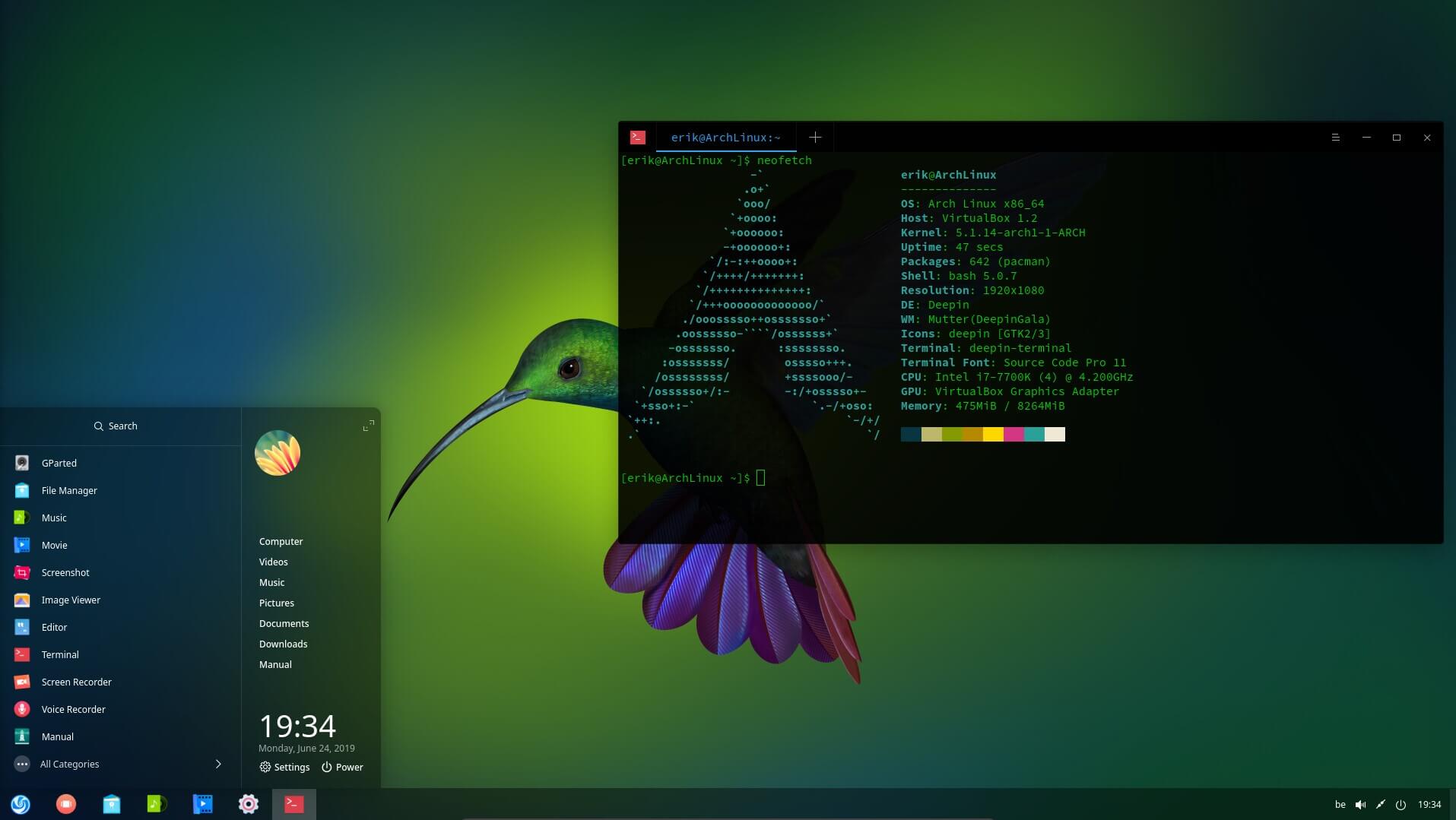Arch Linux vs. Debian Testing: Exploring Flexibility and Stability

In the vast landscape of Linux distributions, Arch Linux and Debian Testing stand as prominent contenders, each catering to distinct preferences and use cases. This exploration delves into the intricate details of these two distributions, highlighting their unique strengths and distinctions.
Arch Linux: Embracing Complexity for Granular Control

Arch Linux is renowned for its flexibility, allowing users to tailor their systems to an unparalleled degree. Its rolling release model ensures a continuous stream of the latest applications and software updates, enabling enthusiasts to remain at the forefront of technological advancements. Arch Linux’s installation process is intentionally hands-on, requiring users to assemble their systems from individual software packages. This granular control appeals to experienced users seeking a deeply customizable and bleeding-edge operating system. However, the intricate nature of Arch Linux may pose challenges for newcomers unfamiliar with the complexities of system administration.
Debian Testing: Stability and Reliability for Mission-Critical Systems
Debian Testing, on the other hand, prioritizes stability and reliability above bleeding-edge updates. Its semi-rolling release model balances the need for updates with the requirement for a stable foundation. While Debian Testing lags behind Arch Linux in terms of the latest software versions, it mitigates the risk of encountering experimental or unstable packages, making it an ideal choice for production servers, critical infrastructure, and environments demanding rock-solid stability. Debian Testing’s extensive testing procedures ensure a polished and well-rounded experience, enhancing confidence in its suitability for mission-critical applications.
Security Considerations: A Balancing Act
Security remains a paramount concern for both Arch Linux and Debian Testing. Arch Linux’s rolling release model may introduce new vulnerabilities more frequently than Debian Testing’s semi-rolling approach. However, Arch Linux’s active community promptly responds to security issues, swiftly releasing patches and updates. Debian Testing, with its slower update cycle, might exhibit a lower frequency of vulnerabilities, but its stable nature reduces the likelihood of encountering critical security flaws.
Choosing the Ideal Distribution: Navigating Personal Needs and Technical Proficiency
The choice between Arch Linux and Debian Testing ultimately depends on the individual user’s needs and technical proficiency. Arch Linux empowers experienced users with unparalleled flexibility and customization options, catering to those seeking a bleeding-edge and highly personalized operating system. On the other hand, Debian Testing suits users prioritizing stability and reliability, offering a rock-solid foundation for mission-critical systems and production environments.
In summary, Arch Linux and Debian Testing represent distinct philosophies in the Linux world. Arch Linux appeals to those desiring a highly customizable and cutting-edge experience, while Debian Testing targets users seeking unwavering stability and reliability. The choice between these two distributions hinges on the individual’s technical expertise and the specific requirements of their intended use cases.

Great article! I’ve been using Arch Linux f or about a year now and I’ve been really happy with it. The AUR is amazing and I’ve never had any problems with breakage. I would definitely recommend Arch Linux to anyone who wants a bleeding-edge distro.
I’ve been using Debian Testing for several years now and I’ve never had any major problems. It’s stable, reliable, and has a huge repository of packages. I don’t need the latest and greatest software, so Debian Testing is perfect for me.
I’m new to Linux and I’m not sure which distro to choose. I’ve heard good things about both Arch Linux and Debian Testing, but I’m not sure which one is right for me. Can anyone help me out?
Arch Linux is the best distro, period. Debian Testing is for old people who don’t like change. If you want a distro that’s always up-to-date and has the latest software, then Arch Linux is the way to go.
Oh, look, another article comparing Arch Linux to Debian Testing. How original. Can’t we talk about something else for once?
I’ve tried both Arch Linux and Debian Testing, and I can say that they’re both great distros. Arch Linux is for people who like to live on the edge, while Debian Testing is for people who like to play it safe. I personally prefer Arch Linux because I like to have the latest software, but I can see why some people might prefer Debian Testing.
The choice between Arch Linux and Debian Testing really depends on your individual needs and preferences. If you want the latest software and don’t mind the occasional breakage, then Arch Linux is a great choice. If you prefer a more stable system and don’t need the absolute latest software, then Debian Testing is a better option. There is no right or wrong answer, it just depends on what you’re looking for in a distro.
I’ve used both Arch Linux and Debian Testing in the past, and I’ve found that they’re both great distros. Arch Linux is a great choice for people who want the latest software and don’t mind the occasional breakage. Debian Testing is a great choice for people who prefer a more stable system and don’t need the absolute latest software.
I’m not sure which distro to choose. I’ve heard good things about both Arch Linux and Debian Testing, but I can’t decide which one is right for me. I guess I’ll just have to try them both and see which one I like better.